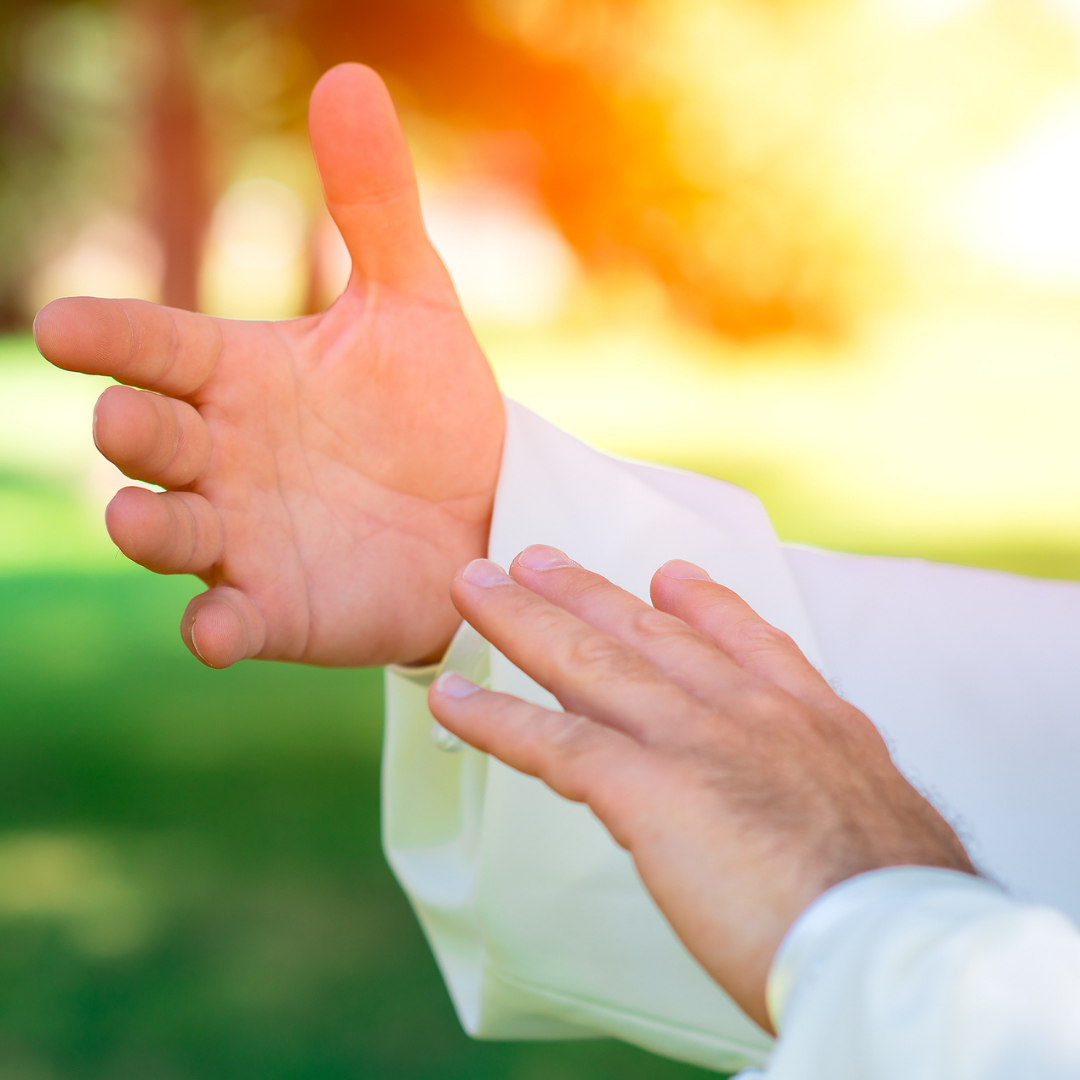
Exercises To Be More Relaxed
Some people find relaxation in watching movies or tv series, while others enjoy eating their favourite dish to relax. There are many ways for people to relax, but did you know that exercise can also be a helpful tool? Exercise has been beneficial to our overall well-being. In reality, exercising helps to relax our bodies and minds.
Furthermore, the strategy that resonates with you suits your lifestyle and can concentrate your mind to evoke the relaxation response is the one to use. That means finding the technique (or techniques) that work best for you can require some trial and error.
Also, daily exercise will help you minimize daily stress and anxiety, enhance your sleep, increase your energy and mood, and improve your overall health and well-being.
Why Is Relaxation Important?
The flow of blood into our bodies increases as we relax, giving us more energy. It promotes positive thinking, concentration, memory, and decision-making by helping us to think more clearly and calmly.
Relaxation also helps to reduce blood pressure, heart rate, and anxiety. It also aids in the fight against diseases and infections because when we are happy, we absorb essential nutrients more efficiently. Here are some helpful exercises that you can do to be more relaxed.
Yoga
Yoga postures are a form of strength training that makes you more resilient and flexible, releasing physical tension in the process. Deep breathing helps to lower blood pressure. The mental concentration that yoga encourages is probably its most important value.
Pilates
Pilates is a collection of exercises that focuses on improving body awareness, core strength, and alignment.
Attending Pilates reformer classes can help you control your stress. It provides stress relief and a sense of peace. Yoga is a gentle exercise that does not require sweat, grunting, or discomfort. It results in a calm, relaxed mind as well as a toned, flexible body.
Tai Chi
Tai chi is a self-paced, flowing body movement and breathing practice similar to yoga. Although the actions have martial arts origins, they relax the mind and condition the body, making tai chi an excellent stress reliever.
Furthermore, according to recent research, this mind-body exercise has several health benefits: Tai chi will help you develop bone density, lower blood pressure, strengthen your immune system, and even relieve the symptoms of heart disease and arthritis.
Dancing
Dancing has many physical, mental, and emotional advantages. It’s a fantastic exercise that increases the heart rate while improving grace and agility. Researchers have also discovered that people who ballroom dance twice a week have a lower risk of dementia, possibly because learning new moves challenges the brain. Furthermore, it also promotes a sense of belonging and interaction with others, reducing tension and increasing happiness.
Running
Running is a highly efficient and quick-acting stress reliever. It helps you maintain a healthy weight and body composition by clearing your mind, stimulating the release of happiness, increasing energy levels, and improving fitness.
Furthermore, if your joints allow it, consider jogging or running for even more anxiety relief. Just make sure to be on a healthy path and wearing shoes that provide good protection and cushioning.
Walking
Many stress-related illnesses, such as cardiovascular disease, high blood pressure, cholesterol, and type 2 diabetes, may be reduced by walking regularly. Furthermore, regular walking may lower stress levels and increased self-confidence due to taking an active role in their health.
Cycling
Cycling helps to low down cortisol (stress hormone) levels in the body, which can interfere with restful and deep sleep. It also promotes the production of serotonin, which can help you sleep better. Cycling can also help to regulate your circadian rhythm, which can enhance your sleep habits.
Also, it is low-impact on the joints and can provide an excellent cardiovascular workout. Only remember to wear your helmet and keep an eye out for cars and potholes. Alternatively, for the safest alternative, jump on a stationary cycle.
Swimming
Swimming, sometimes even for half an hour at a time, has been shown to reduce depression and anxiety and improve sleep habits. Swimming releases endorphins, which are normal feel-good hormones that make us feel happier and more in control.
It’s also suitable for the cardiovascular system and provides some resistance training because water is denser than air and resists the movements rather than moving on the ground. For certain people, being immersed in water is also really relaxing and can help them relax even more.
Boxing
Physically, punching a punching bag causes the body to react in a way that relieves stress. Boxing can be a fantastic way to burn off the tension, rage, and other strong emotions while still having a tremendous heart-pumping exercise, whether you have a boxing bag or a sparring partner.
Boxing, especially in a group environment, is a healthy way to relieve anxiety or anger without harming yourself or others, allowing you to work through and effectively resolve negative feelings.
HIIT
High-intensity training is beneficial to reduce with stress, anxiety, depression, and obsessive-compulsive disorder symptoms. It combines aerobic, anaerobic, and strength components into a compact workout that could pay huge dividends in health and wellness.
Takeaway
The best relaxation exercise is the one you enjoy the most. Physical activity is one of the most effective to reduce stress level. You can use the list above if you are still uncertain of what exercise to use.






